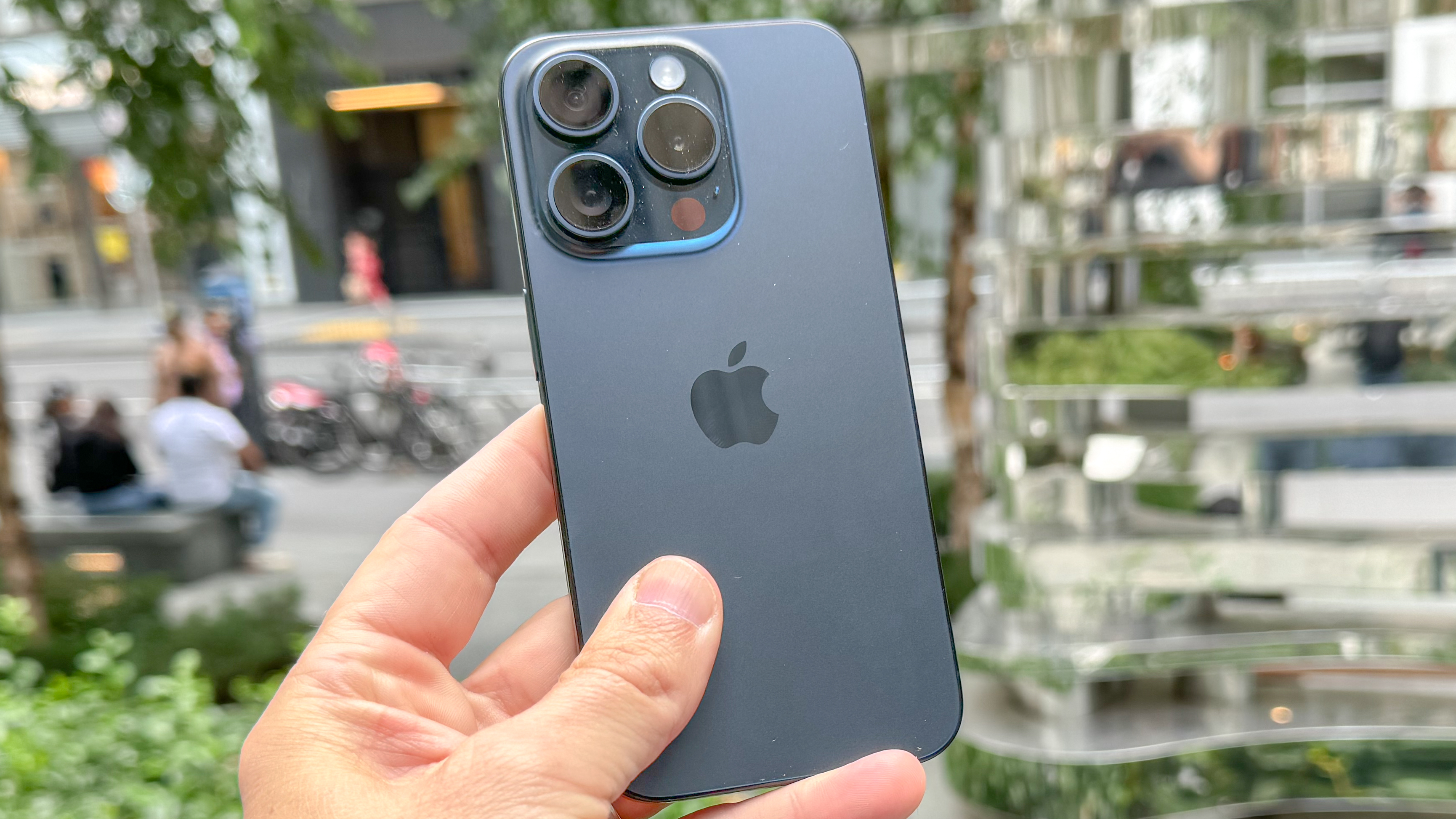
Apple may be the only phone maker to have adopted 3nm chips, which are smaller than anything its rivals have to offer, but it seems things won’t stop there. According to a new report from DigiTimes, production on next-generation 2nm chips is set to begin next year.
According to the report TSMC, which makes the 3nm A17 Pro chips for Apple, could begin installing equipment to produce 2nm chips later this year — April at the absolute earliest. The question is whether these chips will be available in sufficient quantities to be installed on the iPhone 17. Or if we’ll have to wait for the iPhone 18 launch in late 2026.
The benefit of 3nm chips is that they offer greater transistor density — leading to performance and efficiency than larger 4nm or 5nm chips used elsewhere. Apple was also the first, and currently only, phone maker to have made the switch on account of it buying up all of TSMC’s 3nm production capacity.
2nm chips would likely improve those aspects even further, with even higher levels of transistor density and all the associated benefits. Though it’s unclear how much of an improvement we should expect.
DigiTimes also claims that things won’t end there. TSMC is reportedly already planning ahead for 1.4nm chips, and evaluating which of its plants could be the first to produce the next-next-generation iPhone chips. It’s suggested that production on these could begin as early as 2027. If things continue according to plan, we may see these chips in the iPhone 19 or iPhone 20 — though we may be getting ahead of ourselves there.
If things continue according to plan, we may see these chips in the iPhone 19 or iPhone 20.
As for the immediate future, we know that mass production of 3nm chips began at the end of 2023. These chips are expected to be available in additional Apple devices later this year. Most notably in the iPhone 16, which is currently rumored to come with some kind of A18 chipset rather than an A17 leftover — as happened with the previous two generations of iPhone.
Apple’s chips have absolutely dominated performance benchmarking tests for some years now. While Android chipmakers like Qualcomm have been catching up, it looks like Apple isn’t going to willingly cede its advantage anytime soon. Though this will rely on other performance-enhancing measures on devices as well, because reducing chip size can only do so much by itself.
Needless to say the future of performance on iPhones and other Apple devices is looking pretty bright — and we can’t wait to see the kinds of improvements that are on the way.







